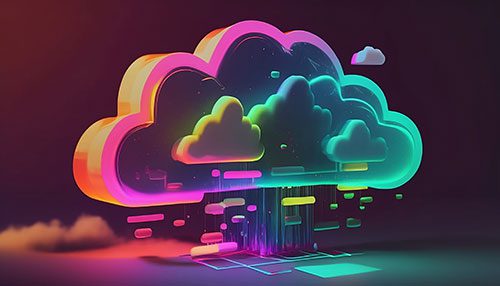AI and Web Design: The Future of User Experience
Artificial Intelligence (AI) is rapidly changing the way we live and work. From autonomous vehicles to chatbots, AI is transforming industries across the board. One area where AI is having a significant impact is web design. In this blog post, we’ll explore the ways AI is transforming web design and what this means for the future of user experience.
Personalization
One of the most significant benefits of AI in web design is its ability to personalize user experiences. By analyzing user data, AI can create personalized content, recommend products, and even customize website layouts based on the user’s preferences. This not only improves the user experience but can also lead to higher engagement and conversions.
Accessibility
AI is also improving website accessibility for users with disabilities. By using machine learning algorithms, websites can learn from user interactions and adapt to their needs. For example, if a user is visually impaired, the website can adjust the font size, color contrast, and other elements to make it easier to read. This not only improves the user experience but also makes the web a more inclusive place for everyone.
Automation
AI is also streamlining web design processes by automating repetitive tasks. For example, AI can automatically generate code, create layouts, and optimize images. This frees up designers to focus on more creative aspects of web design, such as user experience and branding.
Voice Interfaces
With the rise of smart speakers and voice assistants, voice interfaces are becoming increasingly important in web design. AI-powered voice interfaces can provide a more natural and intuitive way for users to interact with websites. This can improve the user experience and also make websites more accessible for users with mobility issues.
Predictive Analytics
AI-powered predictive analytics can also help website owners make more informed decisions. By analyzing user data, AI can predict user behavior and identify patterns. This information can be used to optimize website design and improve user engagement.
Augmented Reality
Finally, AI is also enabling the development of augmented reality (AR) experiences in web design. By using machine learning algorithms and computer vision, websites can create immersive AR experiences that blend the digital and physical worlds. This can provide a more engaging and interactive user experience.
AI is transforming web design in many ways, from personalization to automation and accessibility. As AI continues to advance, we can expect to see even more exciting developments in the field of web design. By embracing AI-powered tools and technologies, web designers can create more engaging and intuitive user experiences that meet the needs of a diverse range of users.






